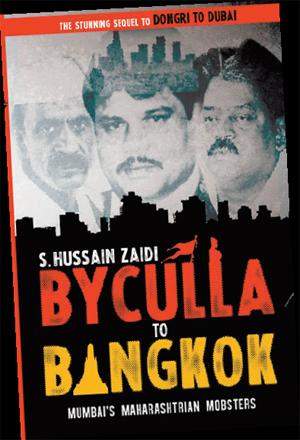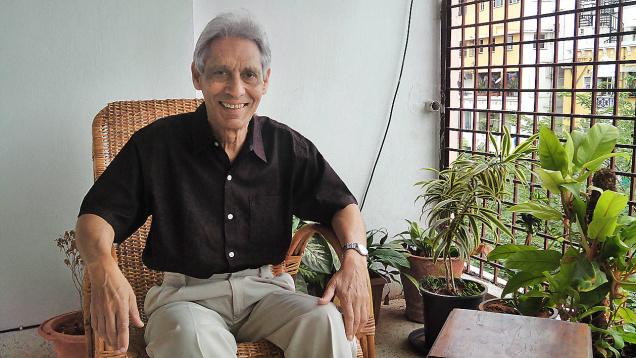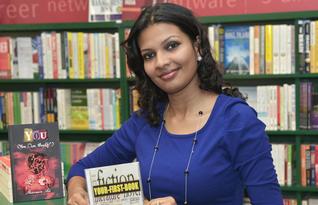In the hands of a master chronicler, Mumbai’s underworld reveals itself to the world. Hussain Zaidi’s latest book is interesting, to say the least.

Pages: 271, Price: Rs.299
From Byculla to Bangkok by Hussain Zaidi is alternately spine-chilling and moving. As Zaidi takes readers through the inner mechanism of the Mumbai underworld, it becomes obvious how much intense research has gone into the subject. In retrospect, only a seasoned journalist like Zaidi (who was a crime reporter at Mid-Day and Asian Age, among others) could have kept a neutral voice while writing about the underbelly of the city. Byculla to Bangkok takes off from Dongri to Dubai, his previous chronicle on the mafia.
Have you ever feared for your life?
I have never feared for my life during crime investigation. But when I wrote Black Friday in 2001, I feared for my son Ammar’s life. I received a threat over the phone, saying they knew in which school my son was studying. My heart was in my mouth. But I nonchalantly told them in which class and section he was studying and his school timings before hanging up the phone. It was sheer bravado, but I refused to let them know I was scared. Of course, I didn’t send my son to school for a few days, but the next few weeks were hell. I had not even told my wife about the threat. It was a terrible period.
You have documented the Mumbai underworld from the 70s. Have things changed?
Earlier, gangsters were reckless, in it for money, and unafraid of the cops. Post 1998’s MCOCA (Maharashtra Control of Organised Crime Act), they were more cautious. The encounters made them realise that the cops meant business. Those who escaped are lying low in places such as Bangkok and the rest are in prisons in India, if not dead. Currently, the underworld is not as active as in the 90s. They have also gone legit in many businesses.
Are encounter specialists maligned?
Whatever the excuse, a police encounter is nothing but an extra judicial killing. I do not condone it as it is wrong to take law into your own hands. Within the police force itself, there was a lot of debate on encounters. Most officers gave in because they felt there was no other way. But the fact remains that encounters made the Mumbai mafia very insecure. At one point, gangs found it hard to recruit jobless youths. And the encounter police of Mumbai did wipe out the underworld.
Your book speaks of politicians who recruited the underworld for personal work. Why haven’t you named them?
Knowing is different from proving. Police officers and other sources have told me of these people but I have no evidence that can stand in a court of law. A don like Arun Gawli had 45 cases against him but they were all dropped because of lack of evidence. So, where is the likelihood that my statements will stand?
Are politicians to be blamed for the rise of the underworld?
Politicians are just a cog in the wheel. Criminals and politicians feed off each other. Personally, I feel we should stop voting for corrupt politicians. Voters put corrupt politicians into power. One bad apple will spoil everything. Why should I be responsible for putting a politician into power only to see him/her misuse the powers?
You have written about crimes and criminals. Under different circumstances, do you think gangsters could have contributed to society?
It is the movies that dramatise such situations. All dons entered this field out of choice. If circumstances forced an educated man to be a gangster, then half of our population would be gangsters. There is no excuse for a life of crime.
If not a crime investigator, would you have been a police officer?
In my younger days, I very much wanted to join the IPS. But my family wanted me to do commerce and pursue management. I know for a fact that a good police officer, someone who is smart, intelligent and brave enough to not cow down to political pressure can make a tremendous impact on society. Today, I keep telling my two sons to join the IPS.
source: http://www.bangaloremirror.com / Bangalore Mirror / Home> Entertainment> Lounge / by Jayanthi Madhukar, Bangalore Mirror Bureau / March 19th, 2014 (20th in Print Edition).










